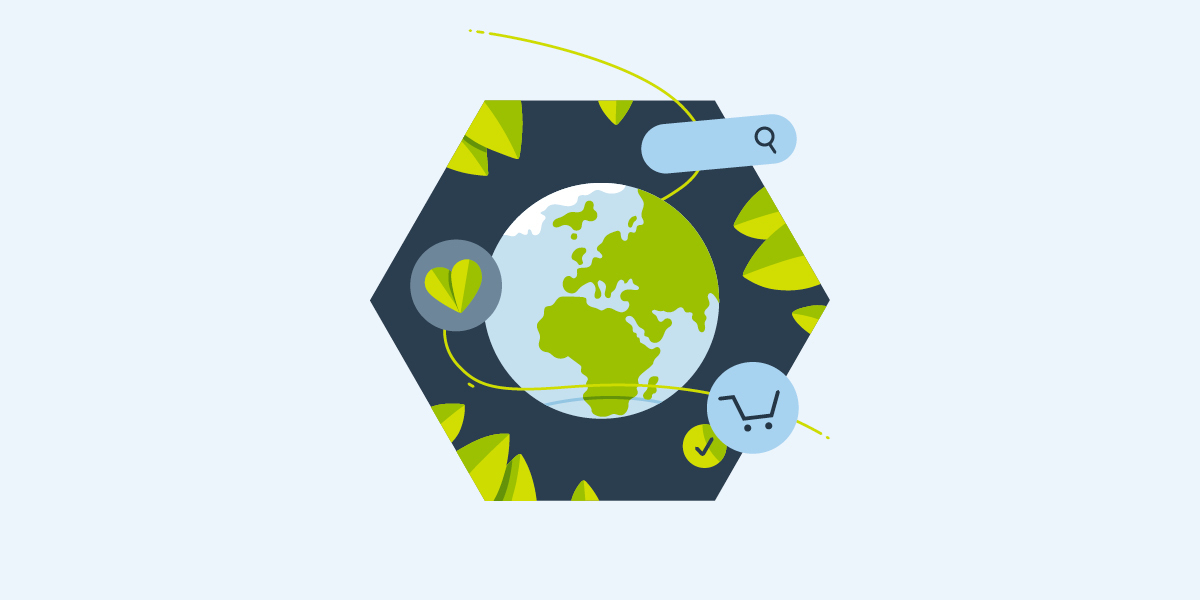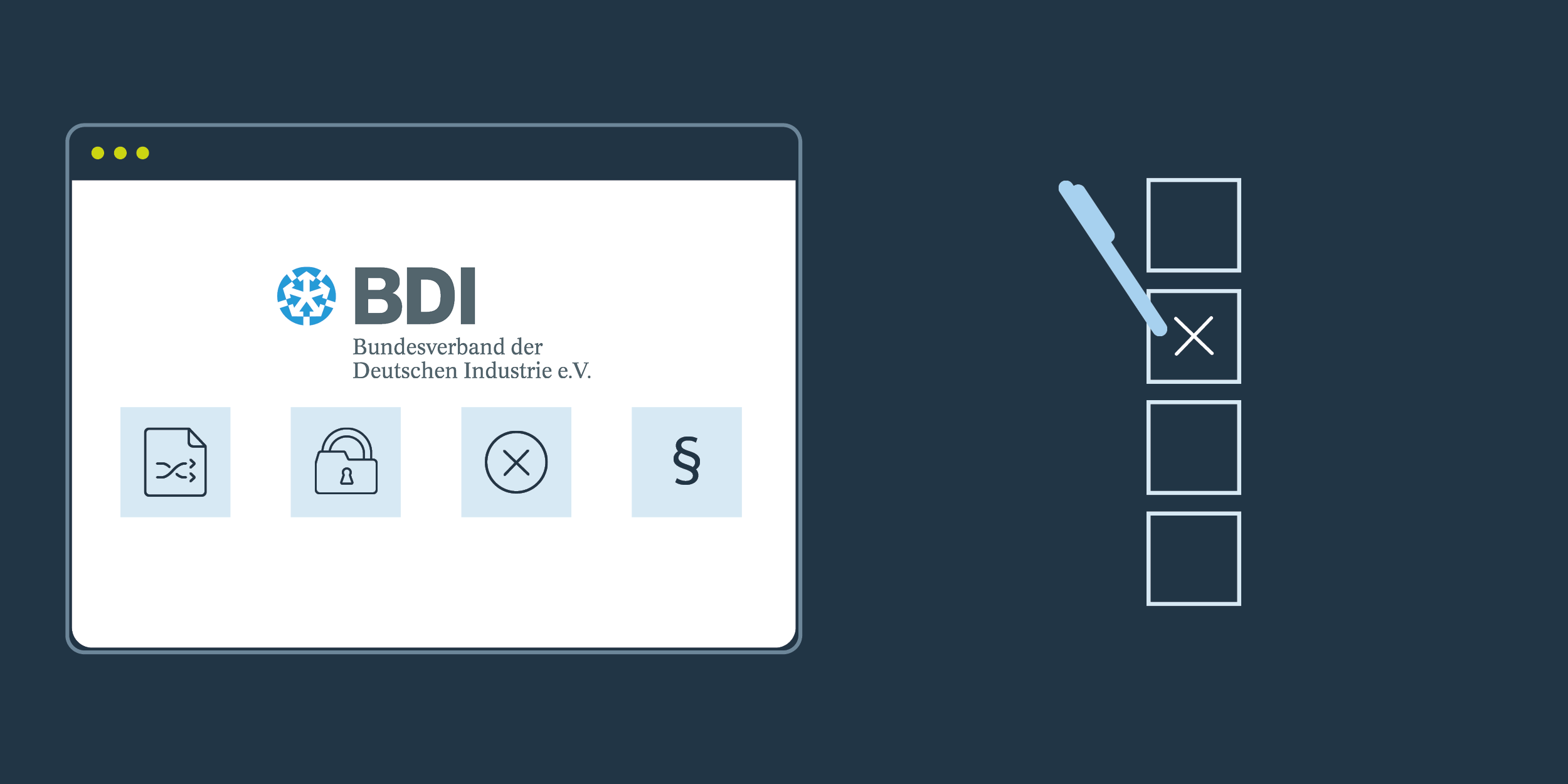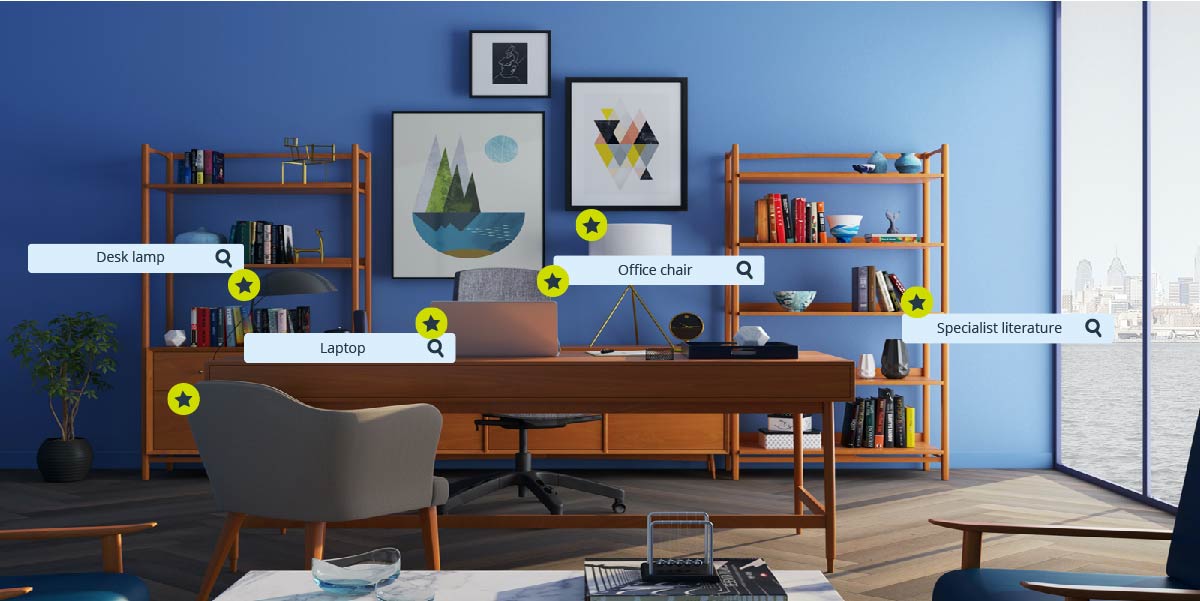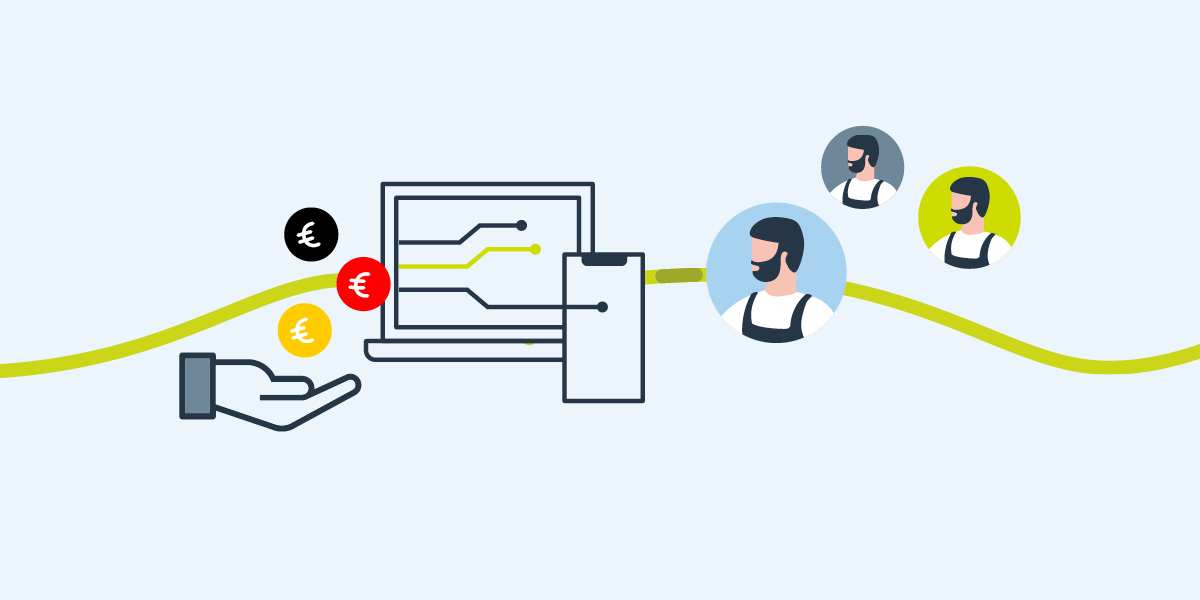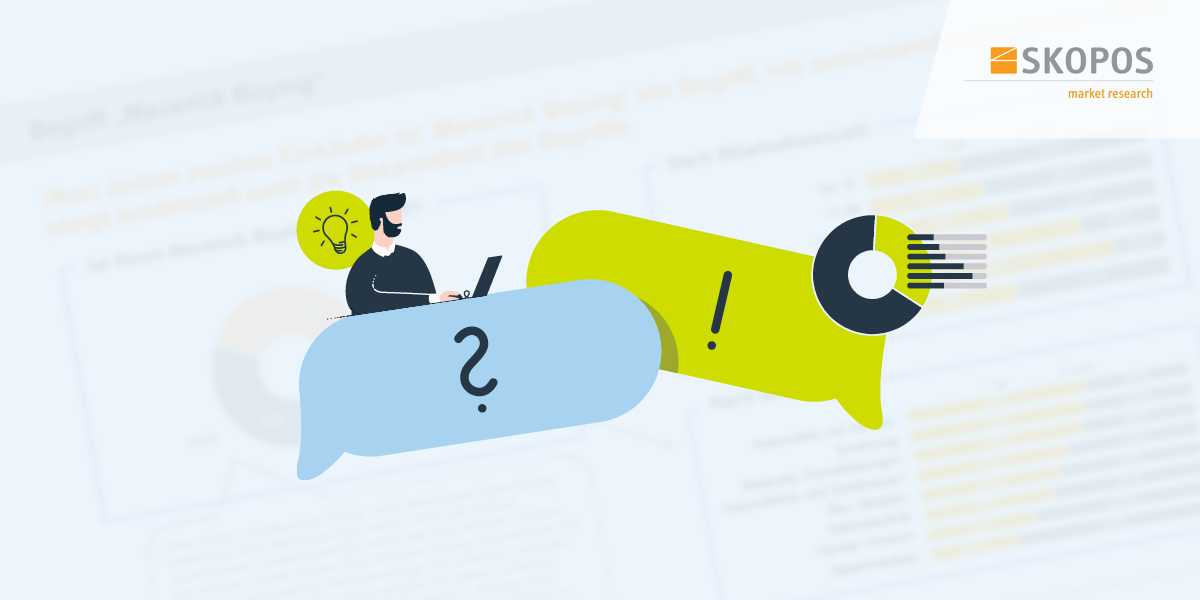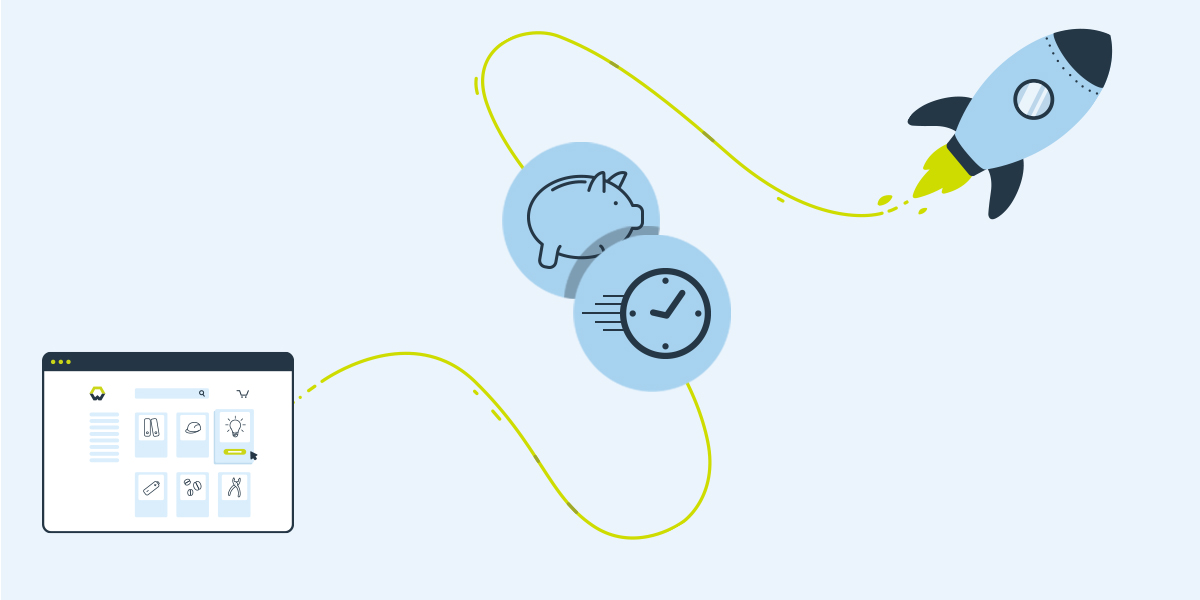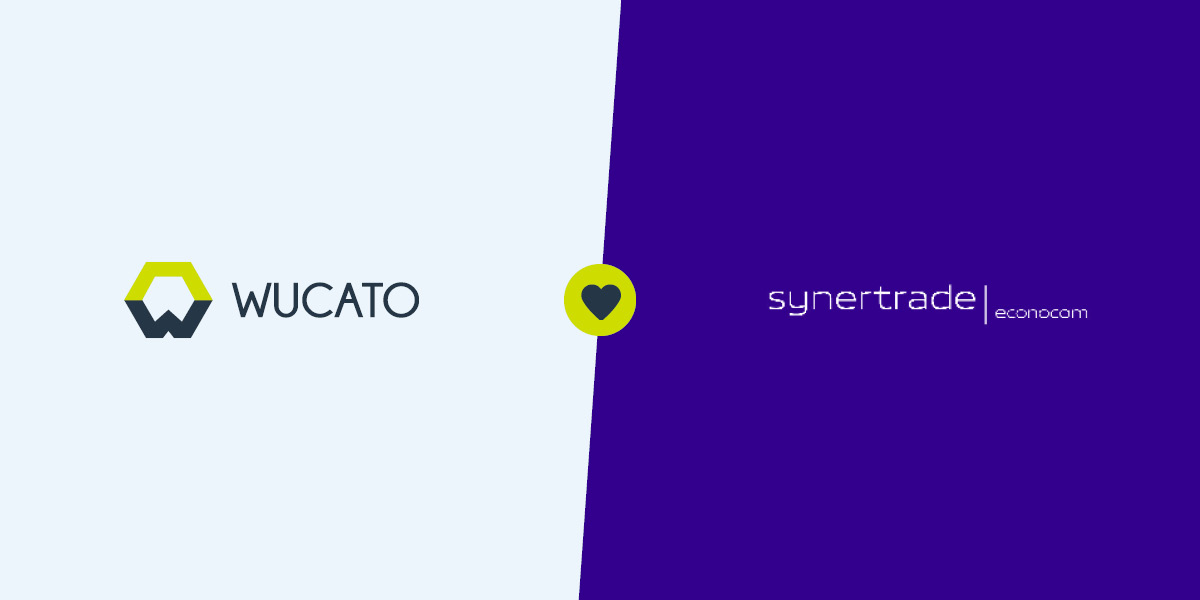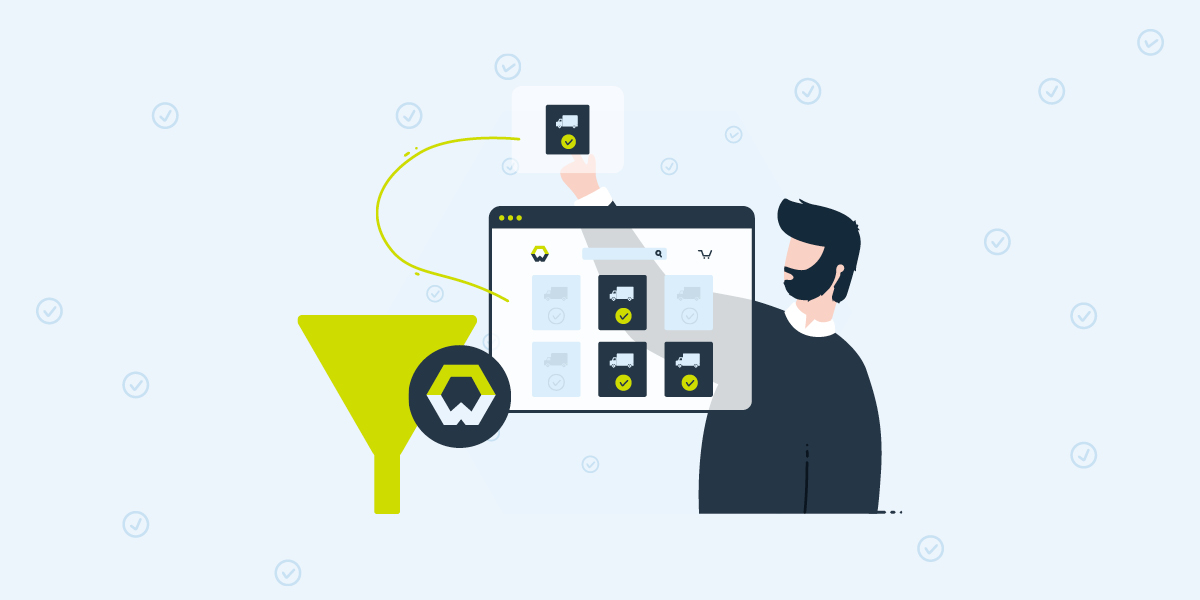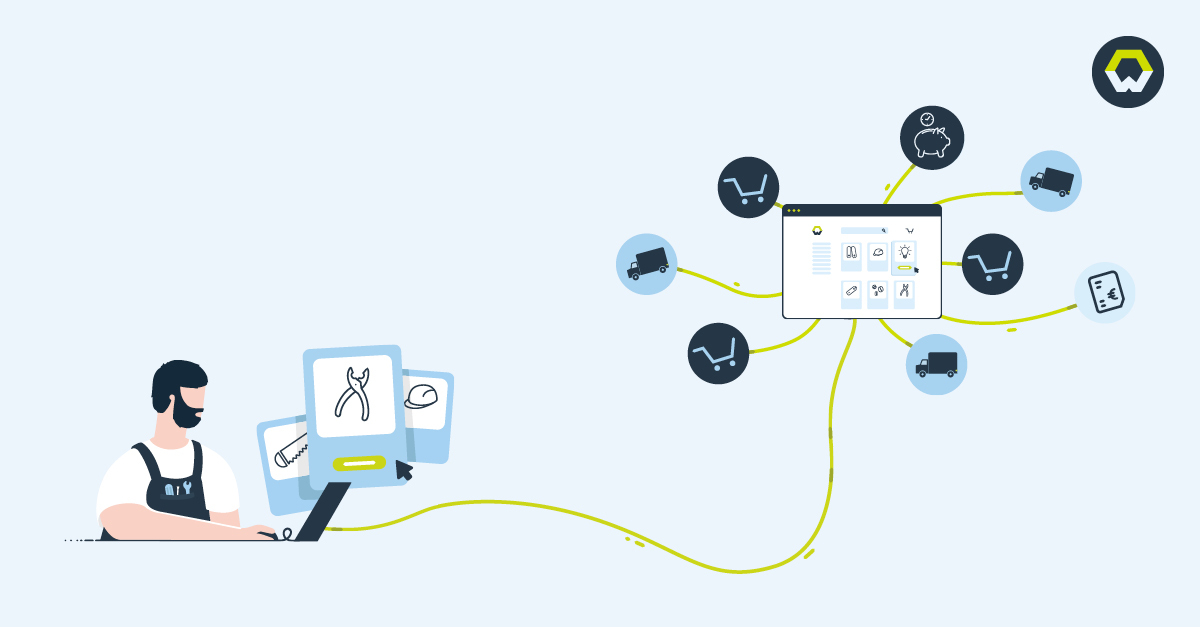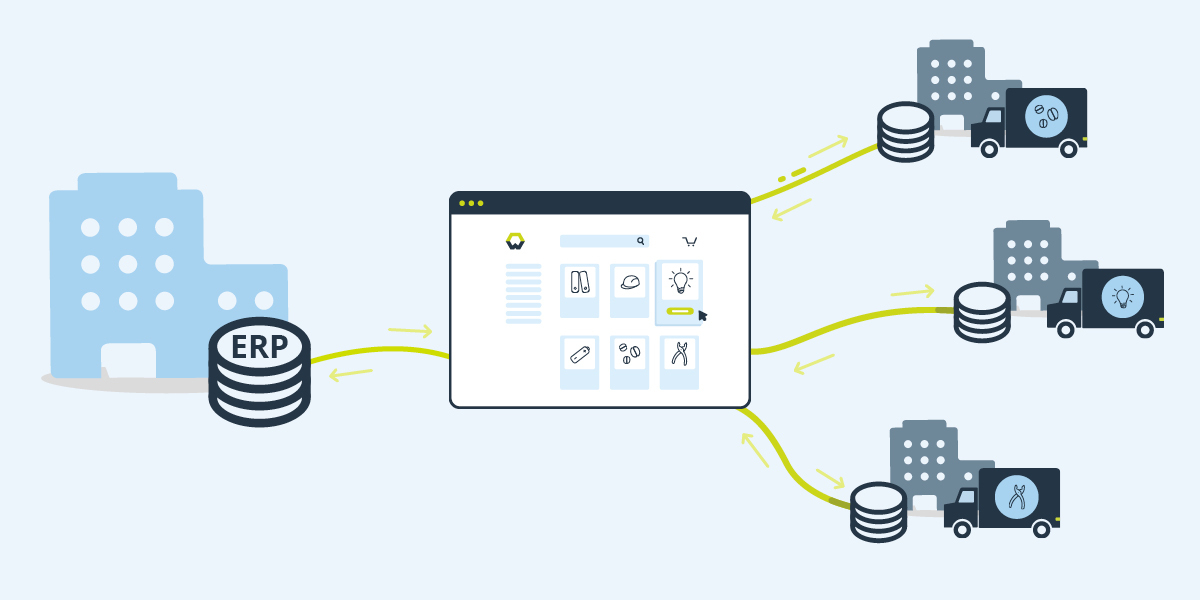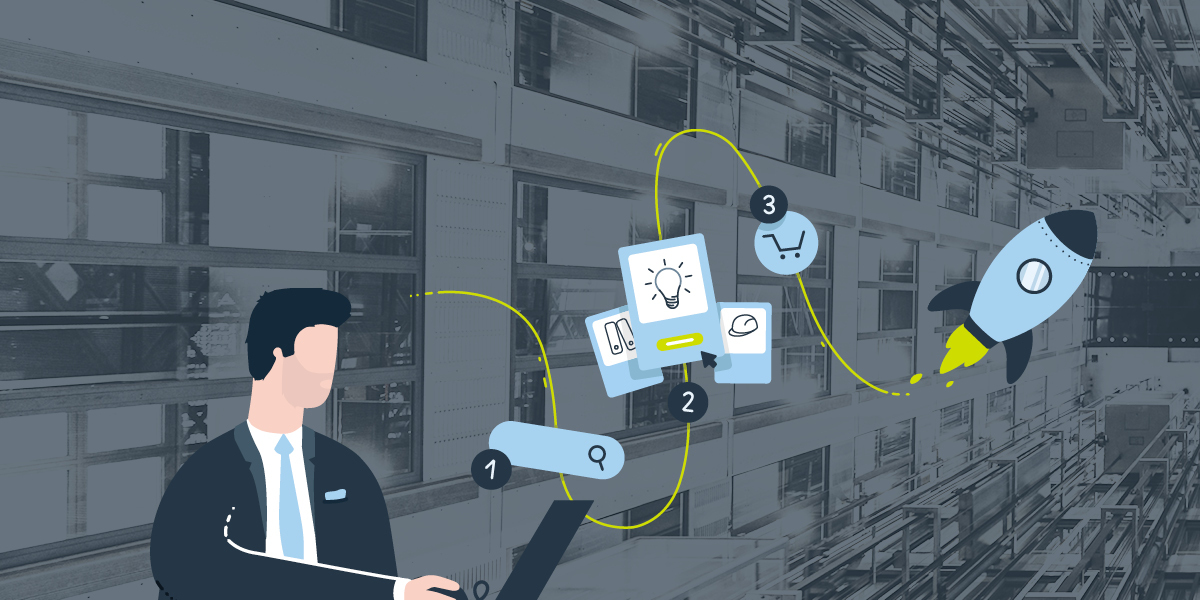Procurement becomes a strategic optimizer
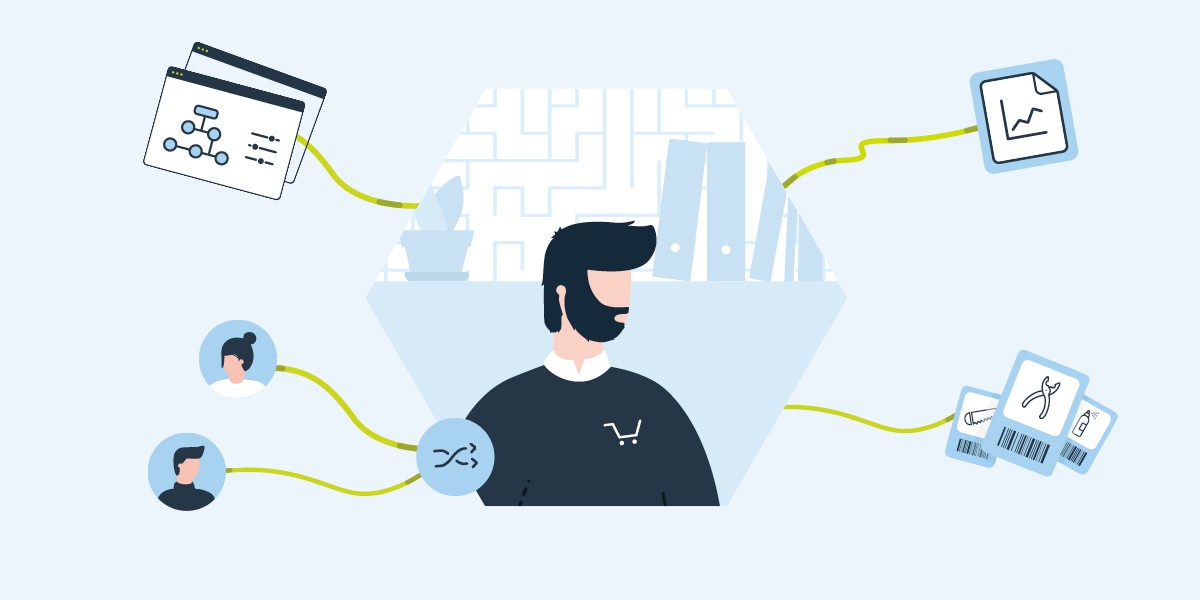
Less operational business, more time for strategic development: procurement can reap huge benefits from automation and digital processes. As an interface to many other areas of the company and an expert in central corporate processes, procurement even has the potential to become an internal driving force for digitalization.
According to a study conducted by the consultancy firm IFH Köln the B2B e-commerce market accounted for EUR 1.3 billion in revenue in Germany in 2018, with online marketplaces and procurement platforms accounting for just under a quarter of this amount – more than ever before. Even though the economy as a whole has been struggling with tough restrictions since last year, the megatrends of digitalization and automation continue to gather pace. They are placing new demands on procurement and changing the nature of a buyer’s job. Because some control and procurement processes that were previously manual and time-consuming are easy to automate, for example with the help of B2B platforms, employees working in operational procurement in particular are concerned about their role in the procurement landscape of the future: will digitalization in procurement make this area less important for the company?
Strategic procurement with long-term objectives in mind
On the contrary, procurement remains an important interface in the company and a major beneficiary of the digitalization process: a buyer’s remit includes keeping an eye on current market developments so that the company can react appropriately to any changes that arise. Especially in times of crisis, this means that they ensure a stable supply chain and act as risk managers. Second, procurement is in constant dialogue with the other departments in the company and is familiar with their processes – the best prerequisite for acting as an in-house driver of digitalization. This means that the same foresight and experience that procurement uses to manage the company's purchasing activities benefit the entire company. In the future, the role of procurement is likely to become more, and not less, important: it will evolve from an administrative role into a role as a strategic optimizer.
Automation and the definition of digital purchasing processes, however, are once again very important: this is because it is only when processes are lean and optimized that the buyers of the future can concentrate on their strategically important role within the company. The digitalization of the procurement landscape is also playing an ever-increasing role in a company's appeal to employees: young candidates entering the job market are all too familiar with online shopping and "conventional" online store environments, meaning that they apply the same standards of intuitive online shopping to their work environment as well.
Wucato as a digitalization partner
Digital, lean, automated procurement processes and the familiar environment of a conventional online shop – the procurement organization of the future can use digital procurement platforms like Wucato to optimize its operational business while pursuing strategic tasks at the same time. Wucato offers a whole range of monitoring and control options: coordination processes, assortment settings, and powerful role and rights management so that buyers always have control over, and an overview of, procurement within the company – maverick buying becomes a thing of the past. What is more, requisition templates, scheduled recurring orders and the ability to consolidate suppliers save money and, most importantly, time, meaning that procurement can concentrate on the things that really count: the further strategic development of procurement as a department with the entire company in mind.
Find out exactly how Wucato can support the buyer of the future here .
More articles from the category "B2B Markt"
